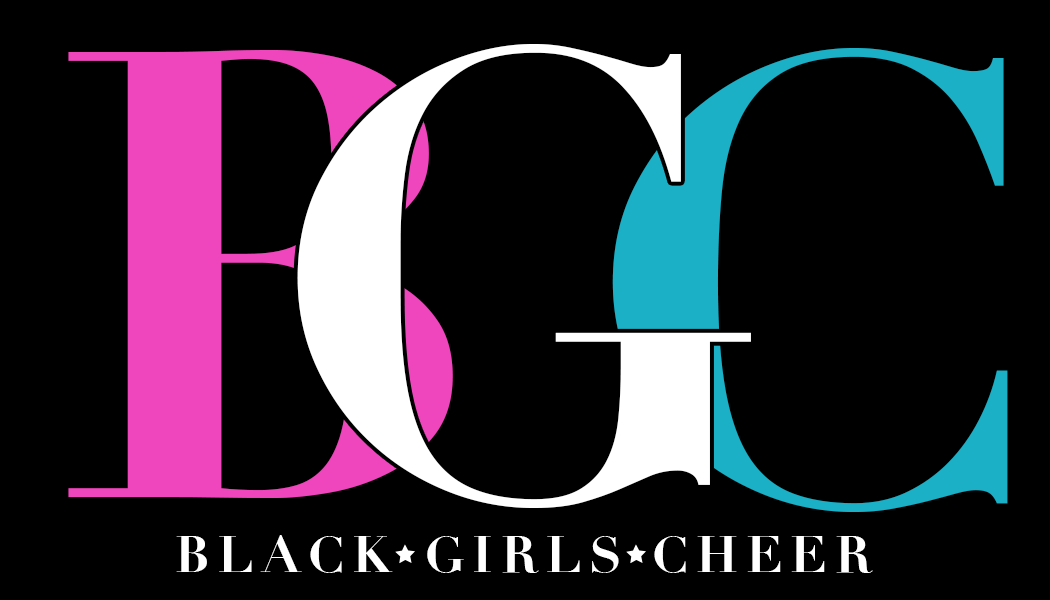Diversity in cheerleading is a topic that has been hush-hush for a very long time. For anyone intimate with the world of cheerleading, it’s one that is shrouded in secrecy, and is often not talked about, except within safe spaces of other trusted cheer parents, or close friends and family members. Diversity is a word that has the ability to polarize people very quickly.
Diversity is a word that has the ability to polarize people very quickly.
When it is brought up in conversation, especially in the world of social media, comments along the lines of, “so why do you need a Black version, isn’t that racism?” or “what if there were a white group specifically created for this, wouldn’t you call that racist?” start coming out of the woodworks. The reality of the situation is, cheerleading is a sport that is dominated by Caucasian women. Young Black (and other minority) women do not have many spaces within the sport where they can feel safe, validated, and like they have other people that look like them who are achieving amazing feats. Making cheerleading more diverse creates a better sport for all cheerleaders. Different cultures, races, and ethnicities competing at events on all levels makes for a more inclusive sport, and a sport that is more reflective of society as a whole.
“so why do you need a Black version, isn’t that racism?”
Black Girls Cheer exists to provide that space for our young cheerleading girls. When this group/blog/business was started, there was no space where African-American girls or their parents could come to celebrate their victories, discuss their tribulations (without feeling “less than”), and have a space to truly open up about the highs and the lows that come with competitive cheerleading. It seeks to change the imagery surrounding young Black women in this sport, and to showcase that we do belong here, and that we are just as able to compete as our Caucasian counterparts.






14,516 Comments
Sorry, the comment form is closed at this time.